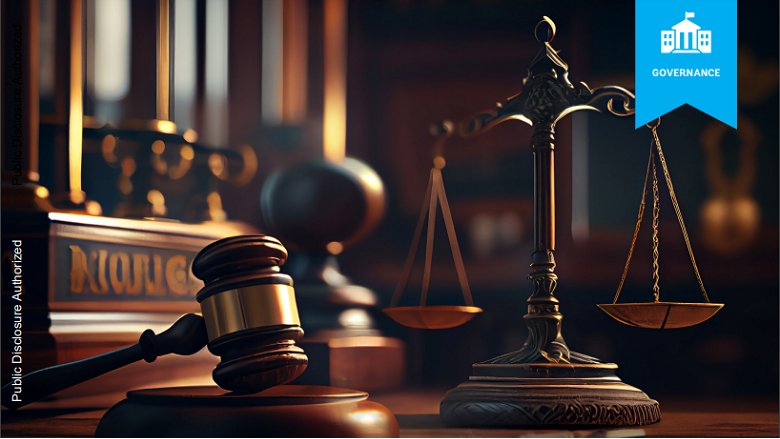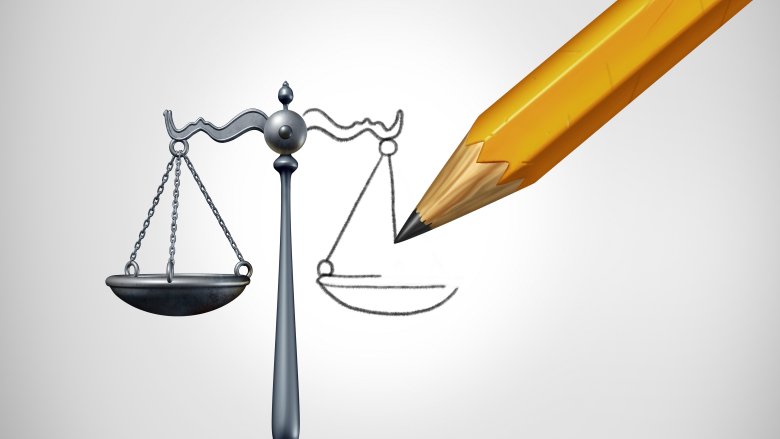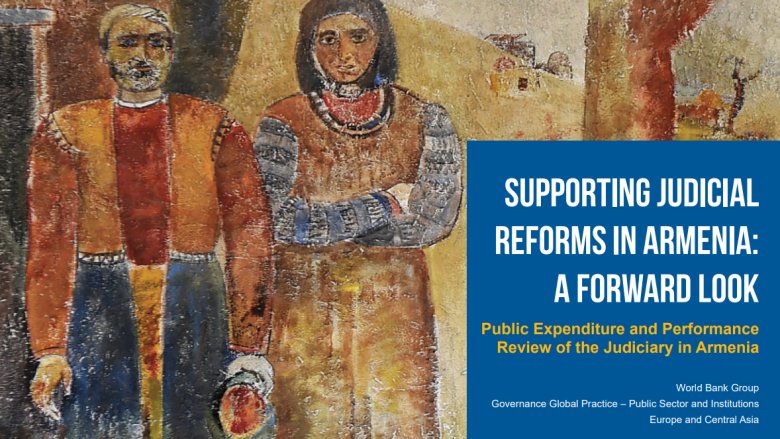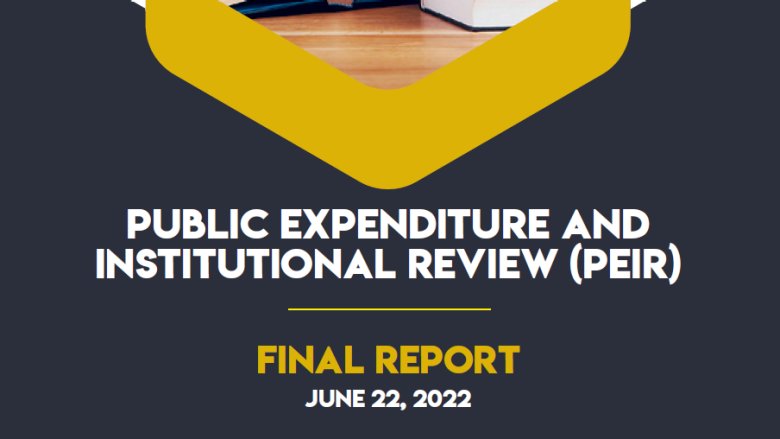Justice matters for social and economic development, as effective justice improves access to public services (particularly for the poor), curbs corruption and abuse of power, enhances public trust in the government, and fosters a healthy business environment. Digital technologies can dramatically improve the performance of justice systems and deliver better services for citizens.
The Digital Justice Working Group is chaired jointly by Spain and Morocco, with the secretariat and administrative assistance of the JROL Global Team. the working group includes a diverse range of representatives from the governments and judiciary systems of Armenia, Brazil, Canada, Egypt, Ethiopia, Kazakhstan, Kenya, the Netherlands, the Philippines, Portugal, Romania, Serbia, and Tanzania. Additionally, it features members from international and academic organizations such as Berkeley Law School, the Council of Europe, Duke Law School, HiiL, IDLO, the Lady Justice Initiative, OECD, Stanford Law School, UNDP, UNESCO, the University of Malaga (Spain), the University of Granada (Spain), the University of the Philippines, USAID, and the World Justice Project.
____________________________________________________________________________________________________________________________
For more information about the Working Groups, please contact Manuel Ramos Maqueda mramosmaqueda@worldbank.org and Carmen del Rio Cdelrio@worldbank.org




